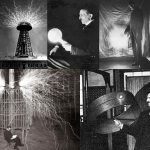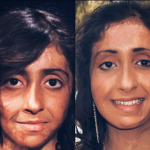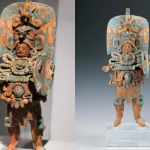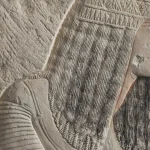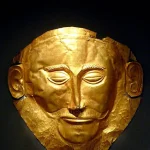The Forgotten Mother of Modern Gynecology: The Story of Anarcha Westcott
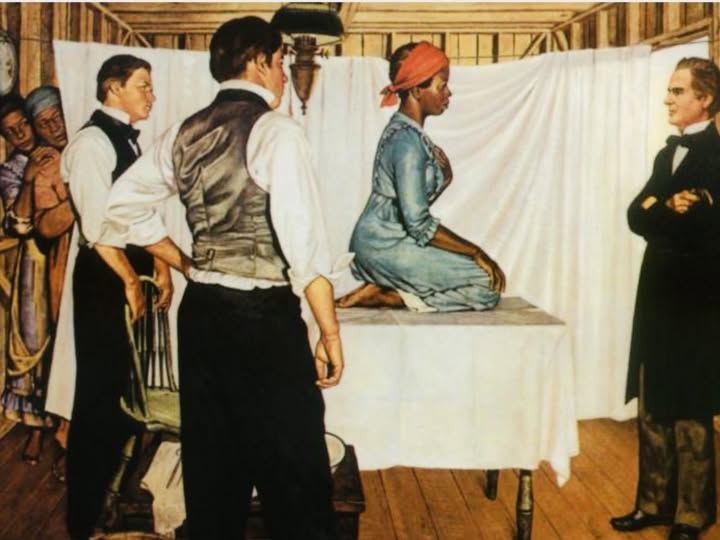
The Forgotten Mother of Modern Gynecology: The Story of Anarcha Westcott
In the vast history of medical advancement, some names are celebrated while others are erased. Among the forgotten stands Anarcha Westcott, a young enslaved woman whose body and suffering became the foundation of modern gynecology. Her story is one of unimaginable pain, resilience, and silence—a story that forces us to question who is remembered in history and why.
Anarcha was only seventeen when she gave birth for the first time. The experience left her with severe injuries that caused constant pain and bleeding. Instead of being offered care and compassion, she was given to Dr. J. Marion Sims, a physician later praised as the “father of modern gynecology.” Sims did not see Anarcha as a patient or a person; he saw her as an opportunity for experimentation.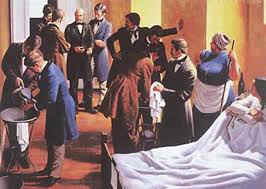
Over the course of several years, Sims performed more than thirty surgeries on Anarcha—without anesthesia, without consent, and without empathy. Her body was cut open repeatedly as he tried to develop surgical techniques to treat conditions like fistulas. Each procedure brought unbearable suffering, yet her cries were dismissed because she was enslaved and her pain deemed unworthy of attention.
The techniques Sims perfected on Anarcha and other enslaved women laid the groundwork for gynecological surgery. His fame grew. Statues were erected in his honor, medical institutions bore his name, and his contributions were praised for generations. But the women who endured his experiments—Anarcha, Lucy, and Betsey—were left unnamed, their suffering buried beneath the weight of his legacy.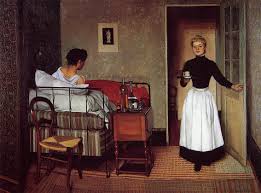
Only in recent years has the world begun to speak their names again. Historians, artists, and activists are reclaiming their stories, demanding acknowledgment for the women whose pain built the field of gynecology. Anarcha Westcott’s name is now a symbol of truth and justice—a reminder that progress built on exploitation must be remembered, not erased.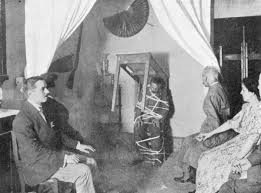
Her story is not only about the cruelty of one man, but about the countless women whose bodies were used and voices silenced in the name of science. To remember Anarcha is to confront the uncomfortable truth that modern medicine, for all its achievements, was not born without suffering.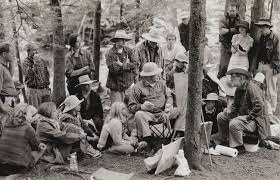
Today, as the world finally begins to tell her story, Anarcha Westcott’s name stands as both a wound and a warning. She was more than an experiment. She was a young woman, a mother, and a human being whose life deserves to be honored—not forgotten.



